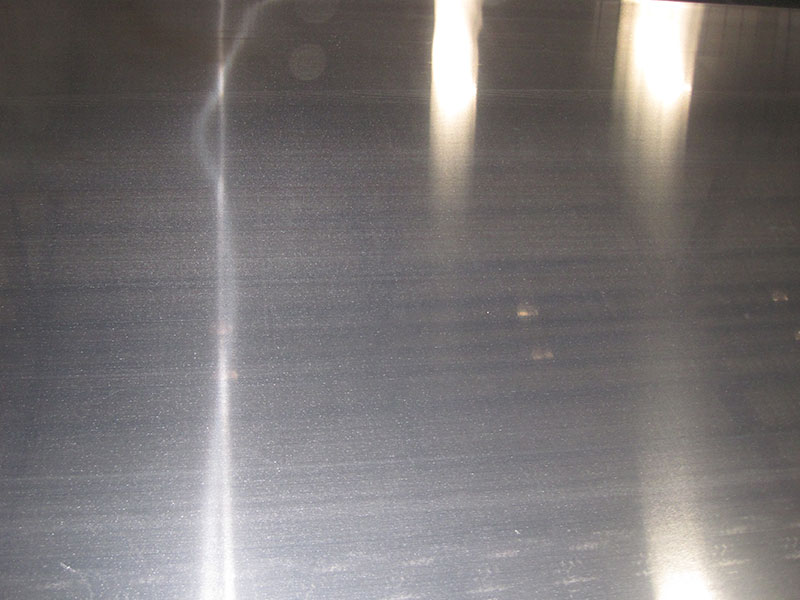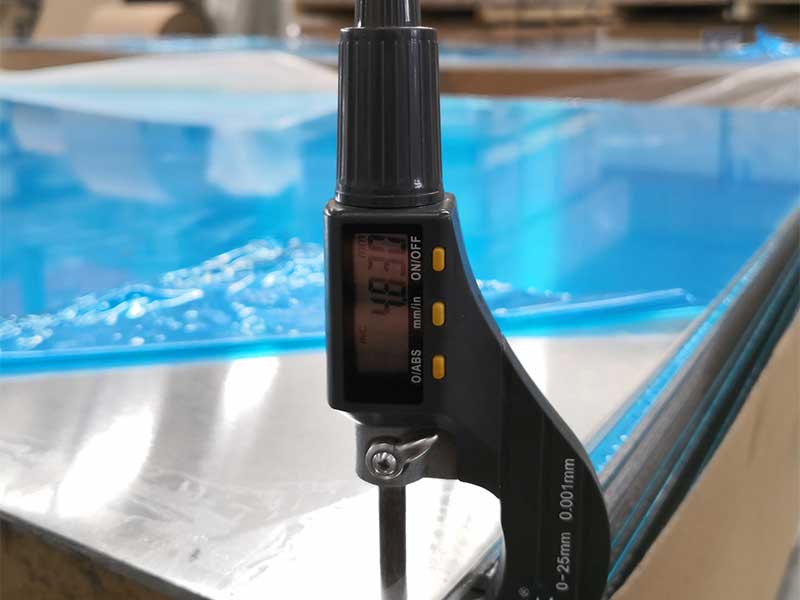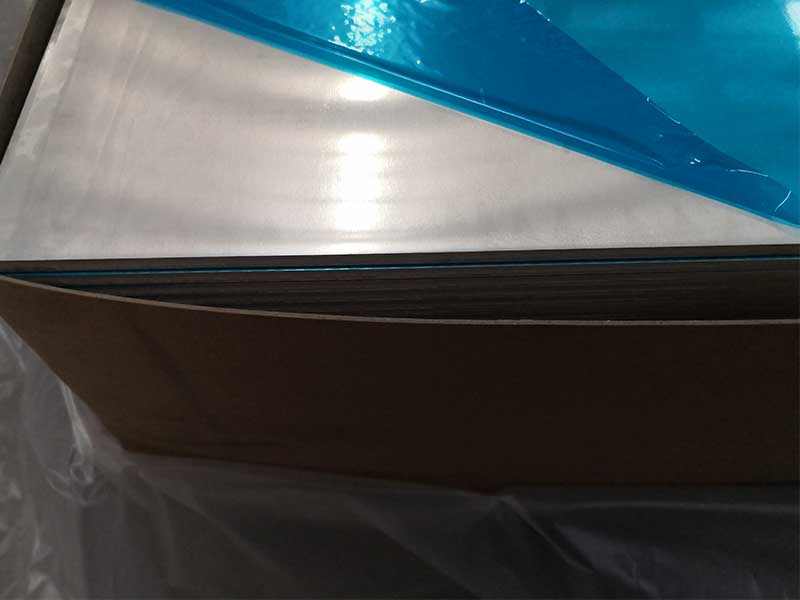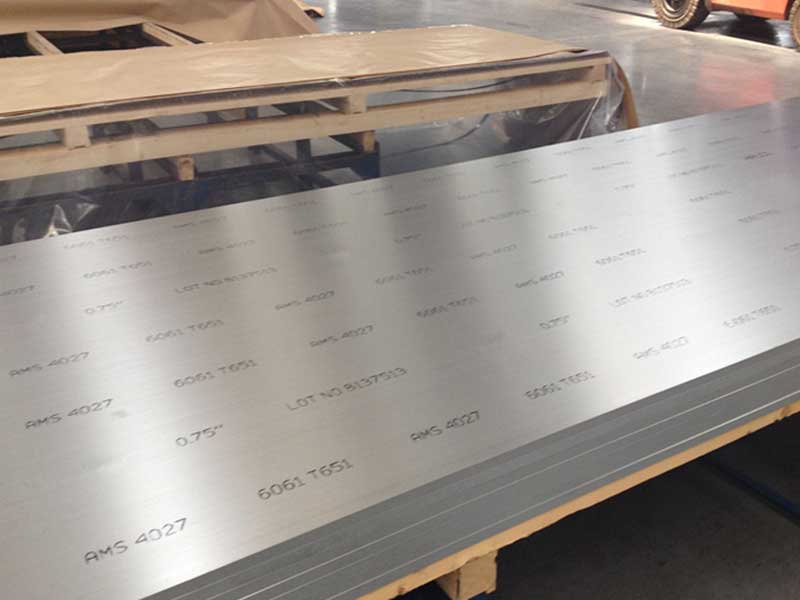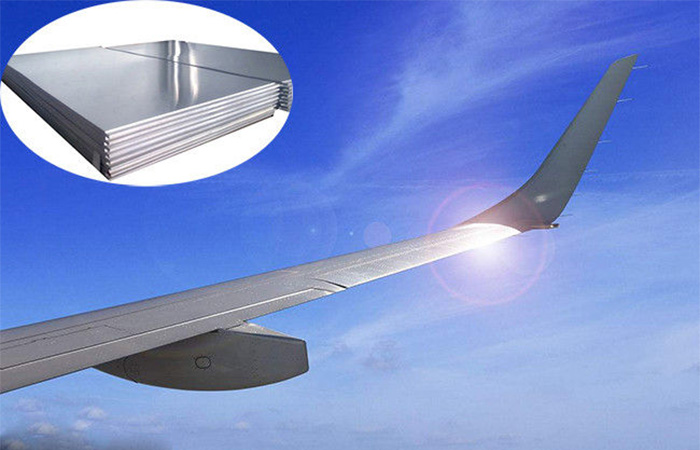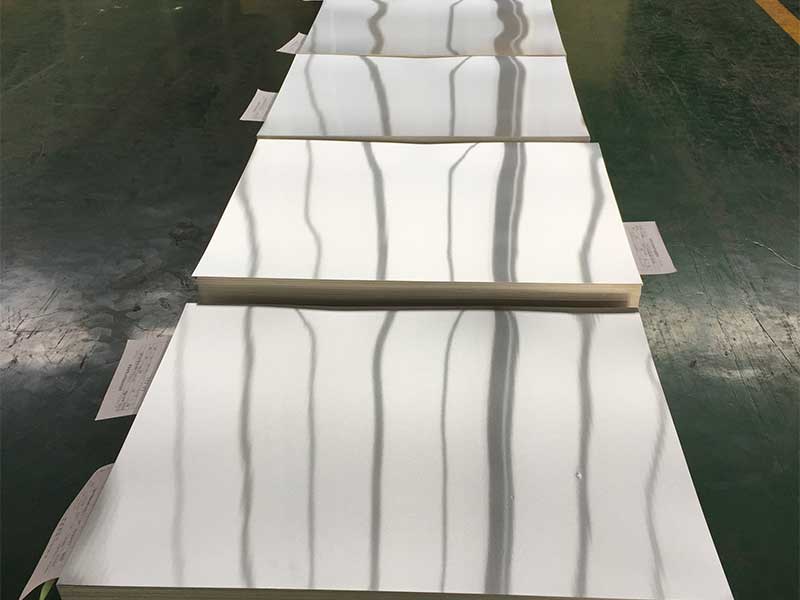6061 7075 metal alloy aluminium plate
10/22 2025
Aluminium plates fabricated from the 6061 and 7075 alloys are among the most popular and widely used aerospace, automotive, and structural metals today. These aluminum alloy plates provide a remarkable combination of strength, machinability, corrosion resistance, and versatility suitable for a wide range of demanding applications.
| Alloy Type | 6061 Aluminum Plate | 7075 Aluminum Plate |
|---|
| Series | 6xxx (Al-Mg-Si alloy) | 7xxx (Al-Zn-Mg-Cu alloy) |
| Temper | T6 (solution heat-treated and artificially aged) | T6 (solution heat-treated and artificially aged) |
| Common Forms | Sheet, plate, extrusions | Sheet, plate, forgings |
| Traits | Good strength, excellent corrosion resistance, good machinability | Excellent strength, slightly inferior corrosion resistance |
Chemical Composition
The typical chemical composition (in wt%) of 6061 and 7075 aluminum alloys is listed below. Variations can occur based on source specifications.
| Element | 6061 (wt%) | 7075 (wt%) |
|---|
| Aluminum (Al) | Balance | Balance |
| Magnesium (Mg) | 0.8 – 1.2 | 2.1 – 2.9 |
| Silicon (Si) | 0.4 – 0.8 | 0.4 – 0.8 |
| Copper (Cu) | 0.15 – 0.4 | 1.2 – 2.0 |
| Zinc (Zn) | 0.25 max | 5.1 – 6.1 |
| Chromium (Cr) | 0.04 – 0.35 | 0.18 – 0.28 |
| Iron (Fe) | 0.7 max | 0.5 max |
| Manganese (Mn) | 0.15 max | 0.3 max |
| Titanium (Ti) | 0.15 max | 0.2 max |
Physical and Mechanical Properties at Room Temperature (T6 Temper)
| Property | 6061-T6 Aluminum Plate | 7075-T6 Aluminum Plate |
|---|
| Density (g/cm³) | 2.70 | 2.81 |
| Tensile Strength (MPa) | 290 – 320 | 520 – 560 |
| Yield Strength (MPa) | 240 – 280 | 480 – 525 |
| Elongation at Break (%) | 10 – 17 | 5 – 11 |
| Modulus of Elasticity (GPa) | 68.9 | 71.7 |
| Hardness (BHN) | 95 – 107 | 150 – 190 |
| Thermal Conductivity (W/m·K) | ~167 | ~130 |
| Electrical Resistivity (μΩ·cm) | ~40 | ~45 |
| Melting Point (°C) | 582 – 652 | 477 – 635 |
Features
6061 Aluminium Plate
- Moderate to High Strength: Offers a balanced tensile strength and toughness for structural applications.
- Excellent Corrosion Resistance: Exceptional resistance to atmospheric corrosion, ideal for marine and chemical exposure.
- Good Weldability: Easily weldable using conventional techniques such as TIG and MIG welding.
- Good Machinability: Machines well with high-quality surface finish.
- Versatility: Can be anodized for improved surface hardness and appearance.
7075 Aluminium Plate
- Highest Strength Aluminum Alloy Plate: Comparable strength to many steels, making it suitable for critical load-bearing applications.
- Good Fatigue Resistance: Maintains strength under cyclic loading.
- Heat Treatability: Frequently solution heat-treated for optimum mechanical advantage.
- Moderate Corrosion Resistance: Although less corrosion-resistant than 6061, it performs well with surface treatments like anodizing or cladding.
- Good Bearing Strength: Applicable where surface loading needs to be withstood, such as gears and bearings.
Typical Applications
| Industry | 6061 Plate Applications | 7075 Plate Applications |
|---|
| Aerospace | Lightweight aircraft components, fuselage frames, brackets | Structural aircraft parts, high strength gears, machinery parts |
| Automotive | Chassis components, engine parts, overturned “hood” panels | High-performance automotive components, racing parts |
| Marine | Boat hulls, decks, marine fittings | Cargo vessels requiring reinforced components |
| Construction | Structural profiles, scaffolding, architectural elements | Structural frames requiring very high load-bearing capabilities |
| Electronics | Enclosures, heat sinks | Electronic housings requiring stiffness and rigidity |
| Sports Equipment | Bicycle frames, frames for other recreational vehicles | High-stress sports components such as racing bicycles, firearms |
Processing Recommendations
- Forming: Both alloys can be formed using cold stamping or bending, though 7075 may require heating due to its strength.
- Machining: Use carbide tools for 7075 aluminum alloy due to its high strength, while standard tools suffice for 6061.
- Welding: For critical applications requiring welding, 6061 is preferable; for 7075, welding must be carefully controlled as it weakens after heat exposure.
- Surface Treatment: Anodizing is recommended for both alloys to improve corrosion resistance and surface hardness.
6061
7075
https://www.aluminumplate.net/a/6061-7075-metal-alloy-aluminium-plate.html
Related Products
Related Blog


